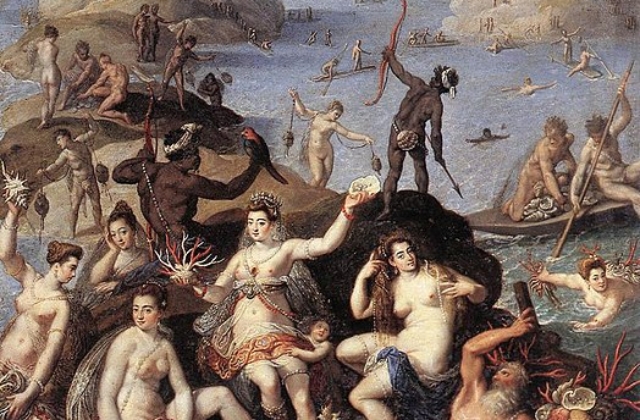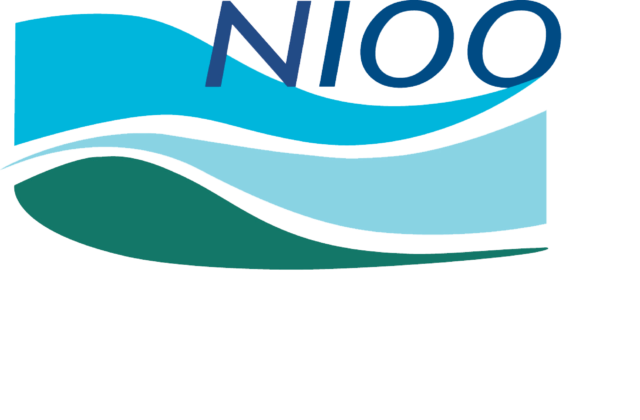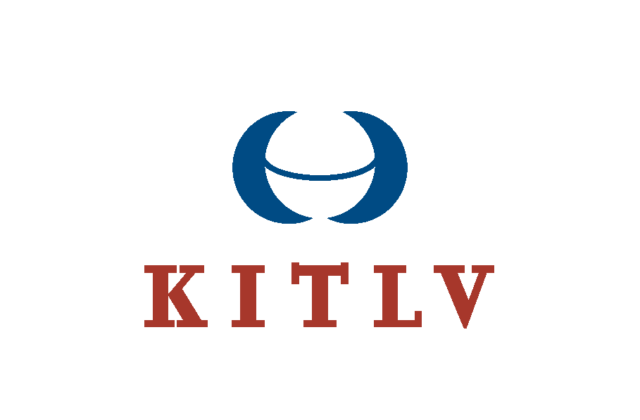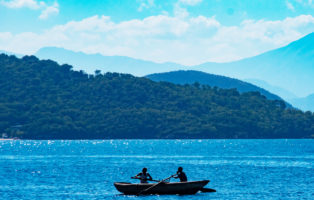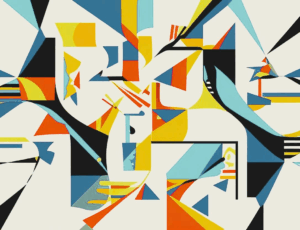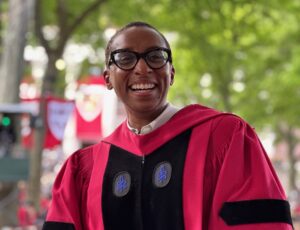About the programme
If we continue the way we do, the island of Bonaire will be under water in about 60 to 70 years. Yet, as with other crises, people tend to look away as long as the problem does not hit home. In this NIAS Talk we take a deep dive in our ideas of the ocean. How can we rethink human relations with the sea? Why do we need to be aware of ocean health? And in what ways has colonialism shaped our minds and dealings with the sea?
There is more about the sea we don’t know than we do. Yet, it could be that exactly our ideas of the sea’s “endlessless” have contributed to today’s climate breakdown. While we have practically discovered every inch of the earth’s terrestrial surface, the immense volume of our oceans still keeps secrets for humankind. What can we know- and, from there, what must we do?
About the Speakers
Yvonne Kunz is a Human Geographer at the Royal Netherlands Institute for Southeast Asian and Caribbean Studies (KITLV). Kunz is coordinator of the KITLV-NIOO-NIAS Theme Group that investigates Climate Change and the Governance of Tropical Marine Protected Areas.
Eric Mijts is a sociolinguist specialised in Development Studies and works at the University of Aruba. During his fellowship at NIAS, Mijts explores how communities that are affected by or involved in Marine Protected Areas (MPAs) construct their appreciation of regulatory frameworks and to what extent do the consequences of climate change affect this appreciation?
Michael Tedja is a writer, a poet, artist and curator. During his fellowship as writer-in-residence at NIAS, he works on a family (art) history. During this talk he will read a poem on the sea, written during his residency.
Rolando Vázquez is a teacher and decolonial thinker. Vázquez’s work places the question of the possibility of an ethical life at the core of decolonial thought and advocates for the decolonial transformation of cultural and educational institutions. Vázquez is currently Associate Professor of Sociology and Cluster Chair at the University College Utrecht.
Geert Buelens is a Flemish poet, essayist, columnist and Professor of Modern Dutch Literature at Utrecht University and a guest professor of Dutch Literature at Stellenbosch University (South Africa). In his most recent book Wat we toen al wisten (2022) Buelens reflects on the environmental year 1972: the report Grenzen aan de groei of the Club of Rome, the first UN conference on the environment and other important scientific, political and cultural aspects of the global environmental crisis.
Nikki Dekker is a writer and radio maker. Her work was published in Tirade, De Gids and De Revisor. Her radio documentary De oppas en ik was nominated for the Prix Europa. diepdiepblauw is her debut novel. In this novel, Dekker explores what fish can learn us about love and identity.
Zará Kars (moderator) is a Public Historian and Programme Manager Arts & Science at NIAS.
About the NIAS Talks
During the NIAS Talks, fellows of the Institute engage with society and cultural practitioners to offer new or interdisciplinary perspectives to current state of affairs.
Attendance
This programme takes place at SPUI25, the cultural-academic centre of the University of Amsterdam. Attendance is free but we appreciate it when you register. You can join us on site or choose to watch the livestream online.
About the theme group
KITLV, NIOO, NIAS and WUR join forces in an interdisciplinary study of the impact of climate change on social-ecological systems (SES). A consortium including Indonesian and Caribbean partners in academia and NGOs will co-create and implement pilot research in four coastal zones in the two tropical archipelagoes. More information can be found HERE.
